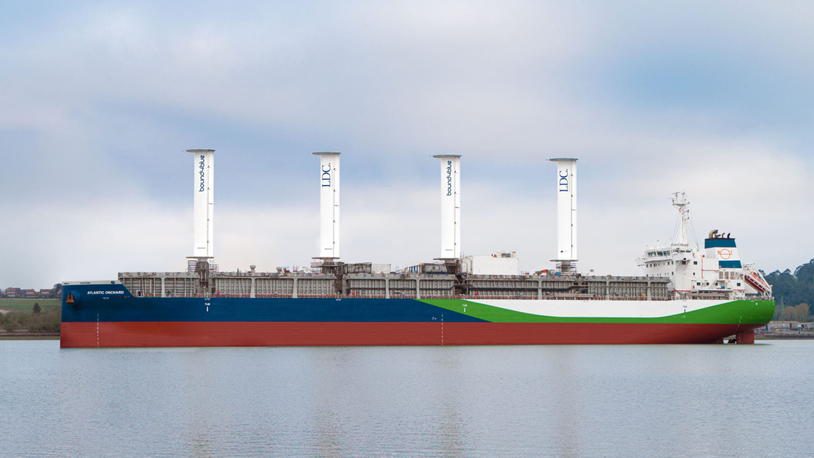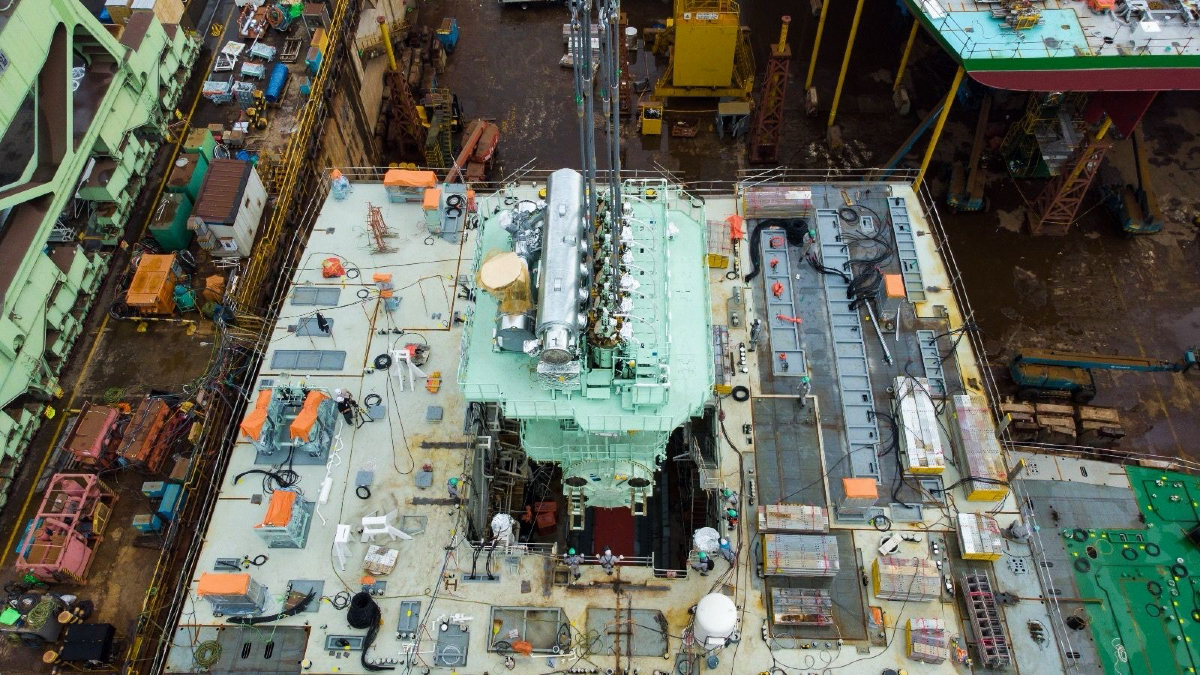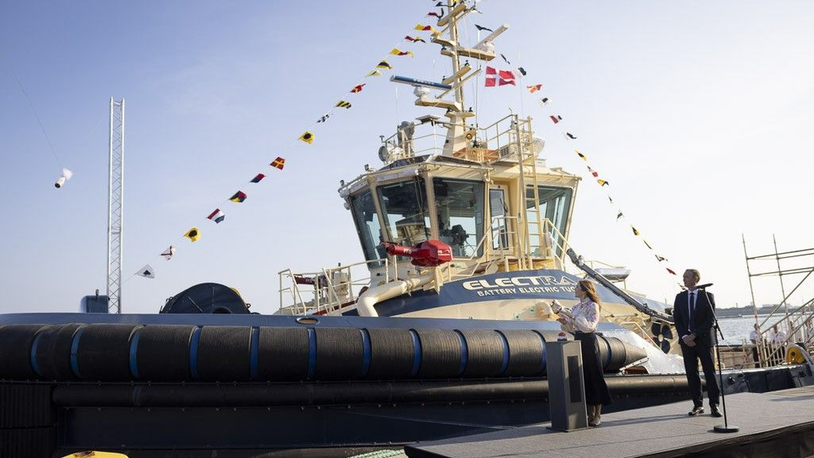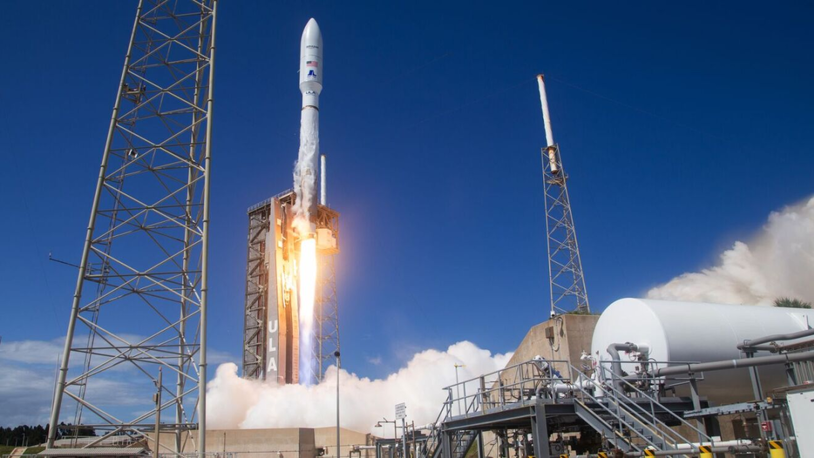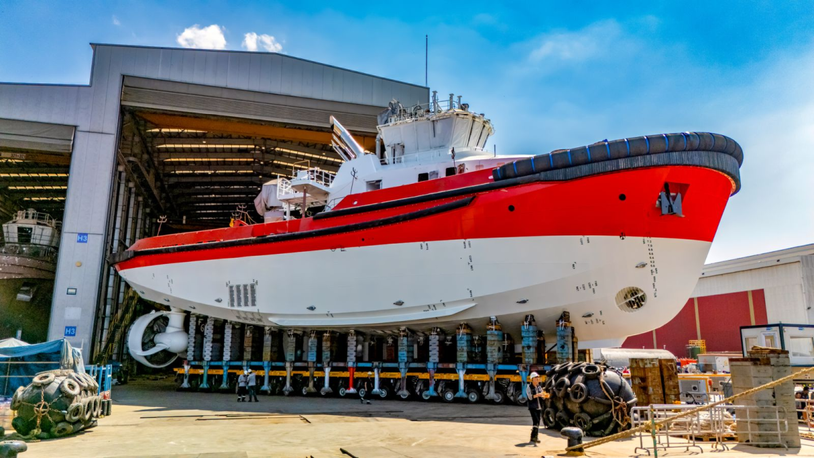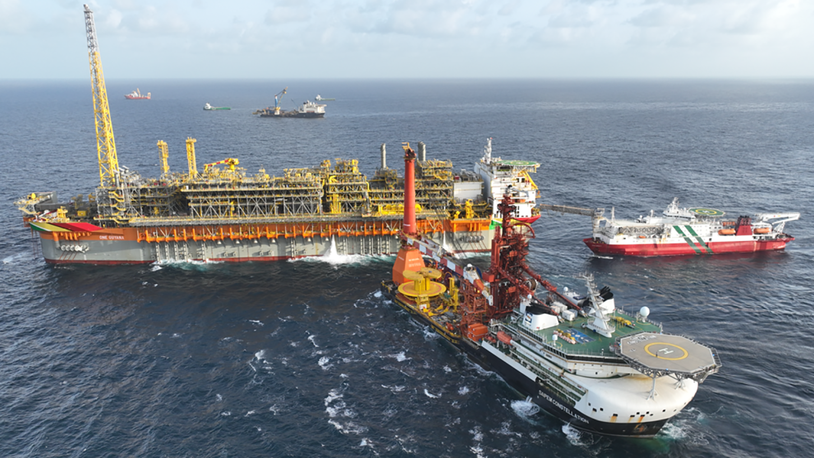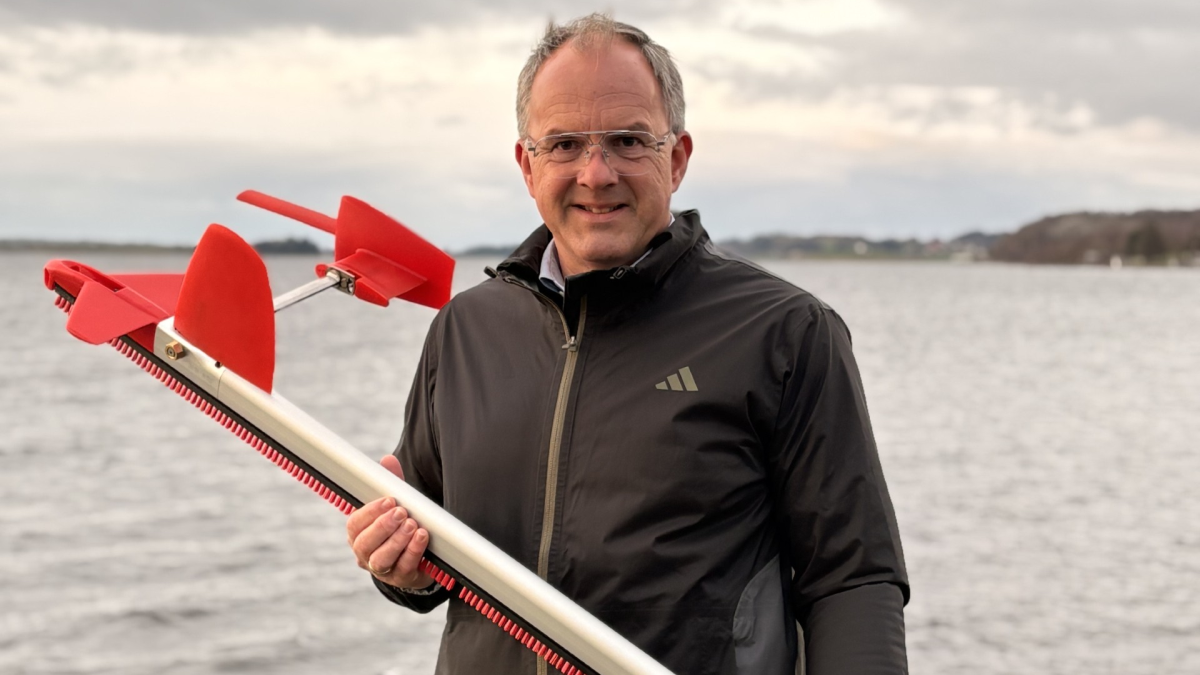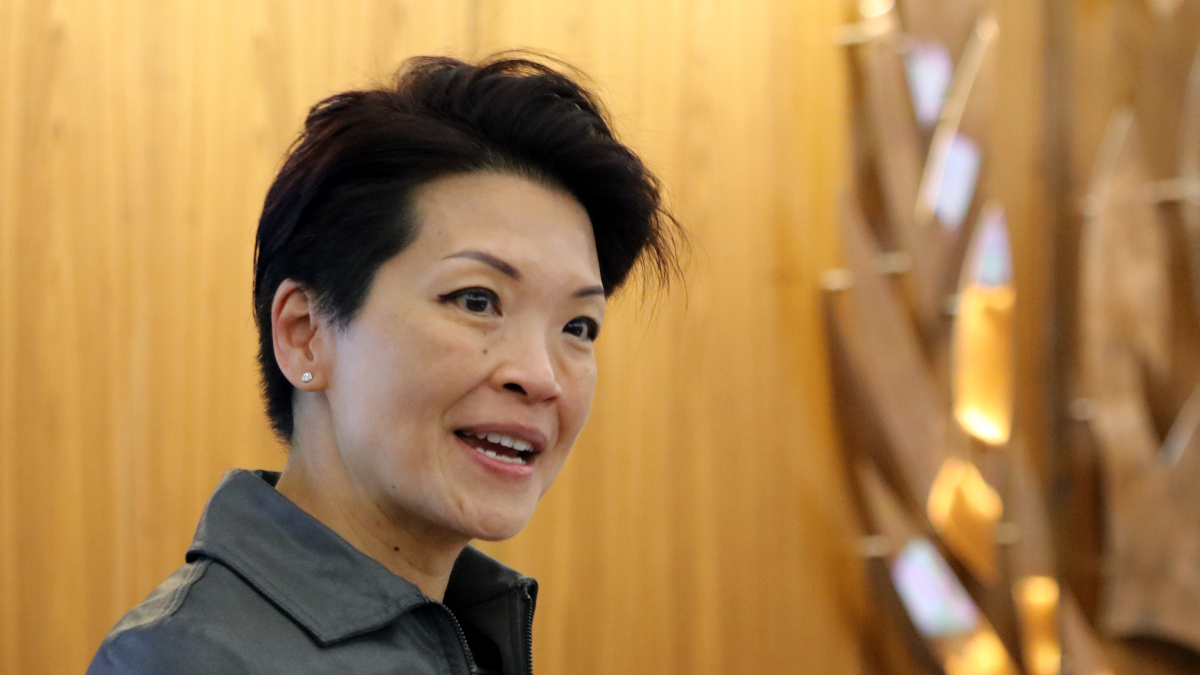Business Sectors
Events
Floating energy: successfully unlocking stranded gas using FLNGs and FSRUs
Contents
Oil majors candid about further pressure on OSV owners
A panel of international oil company (IOC) representatives called for collaboration from OSV shipowners at the Offshore Support Journal Conference & Awards in London
Kicking off a series of extemporaneous remarks from IOC representatives ahead of an audience question and answer session, BP’s Global Maritime Category manager Patrick Gruppo outlined the position of the IOCs succinctly.
"Being an IOC, we want to have our cake and eat it. We are looking for emissions reductions and efficiency," he said.
"This inefficiency is within our supply chain. This waste is in our supply chain. The ways of working in the past simply will not be part of the future. We are looking for much more collaboration with our suppliers."
Mr Gruppo said he felt "the door is open" for oil companies and suppliers to have conversations and find "shared solutions".
Mr Gruppo’s counterpart at Shell, Bo Jardine, focused on the business impacts of climate change but reiterated many of the same points.
"Truthfully, and I am going to put it out there, I think the industry can cut somewhere between 30-40% if the existing fleet would try a little bit harder," he said.
"How does that come about? Perhaps through IoT, perhaps from fuel cells, perhaps other technologies. The technology is there. It is just, how do we apply it, and how do we commercialise it?"
Mr Jardine said that, as a former mariner he felt the maritime industry is slow to change, but he acknowledged that measures are being taken by some, citing several owners.
Mr Jardine also acknowledged the cost realities of the IOCs asking for further cuts, calling for partnerships.
"I know it is a big concern from industry, you always see the IOCs, we ask for things and [you ask], well, how is it going to get paid for? And I think that is where we are going to have to have the shared discussion around partnership... Hopefully we can partner to do those things."
Adding another call for partnership, Mr Jardine said the industry needed to police itself, saying he was not convinced that government regulations would be enough.
"I think that it has got to be self-policed within the industry, and I can tell you, from the Shell side, we are here to partner with you to make that happen."
He said the impetus for emissions cuts and efficiency improvements within the OSV fleet would only grow as emissions tracking initiatives took hold.
"This is going to become more paramount as we start to actually track the emissions of the fleets in the world. As we start to build a picture of what the CO2 footprint looks like, then we set targets about cutting that CO2 footprint. We also have to cope with what is coming, which will be taxes and tariffs on emissions, which will affect the fundamental economics about how we select the vessels," he said.
"We want to partner with you and we want to work with you, that is what we do. And we want to be your partner in business as much as we are your partner in safety."
Related to this Story
Events
Maritime Regulations Webinar Week
Floating energy: successfully unlocking stranded gas using FLNGs and FSRUs
© 2024 Riviera Maritime Media Ltd.

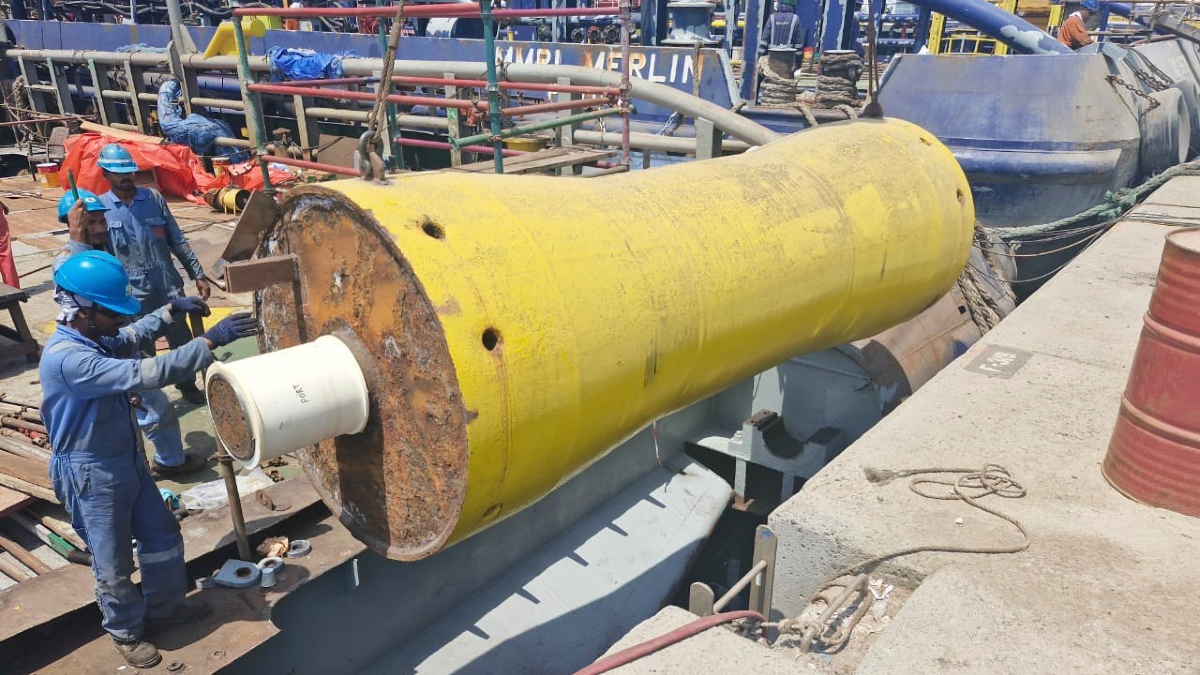
![Bo Jardine (Shell): "I think the industry can cut somewhere between 30-40% [emissions]" Bo Jardine (Shell): "I think the industry can cut somewhere between 30-40% [emissions]"](https://dvzpv6x5302g1.cloudfront.net/AcuCustom/Sitename/DAM/065/Shell-Marine-Category-Manager-Bo-Jardine.jpg)
